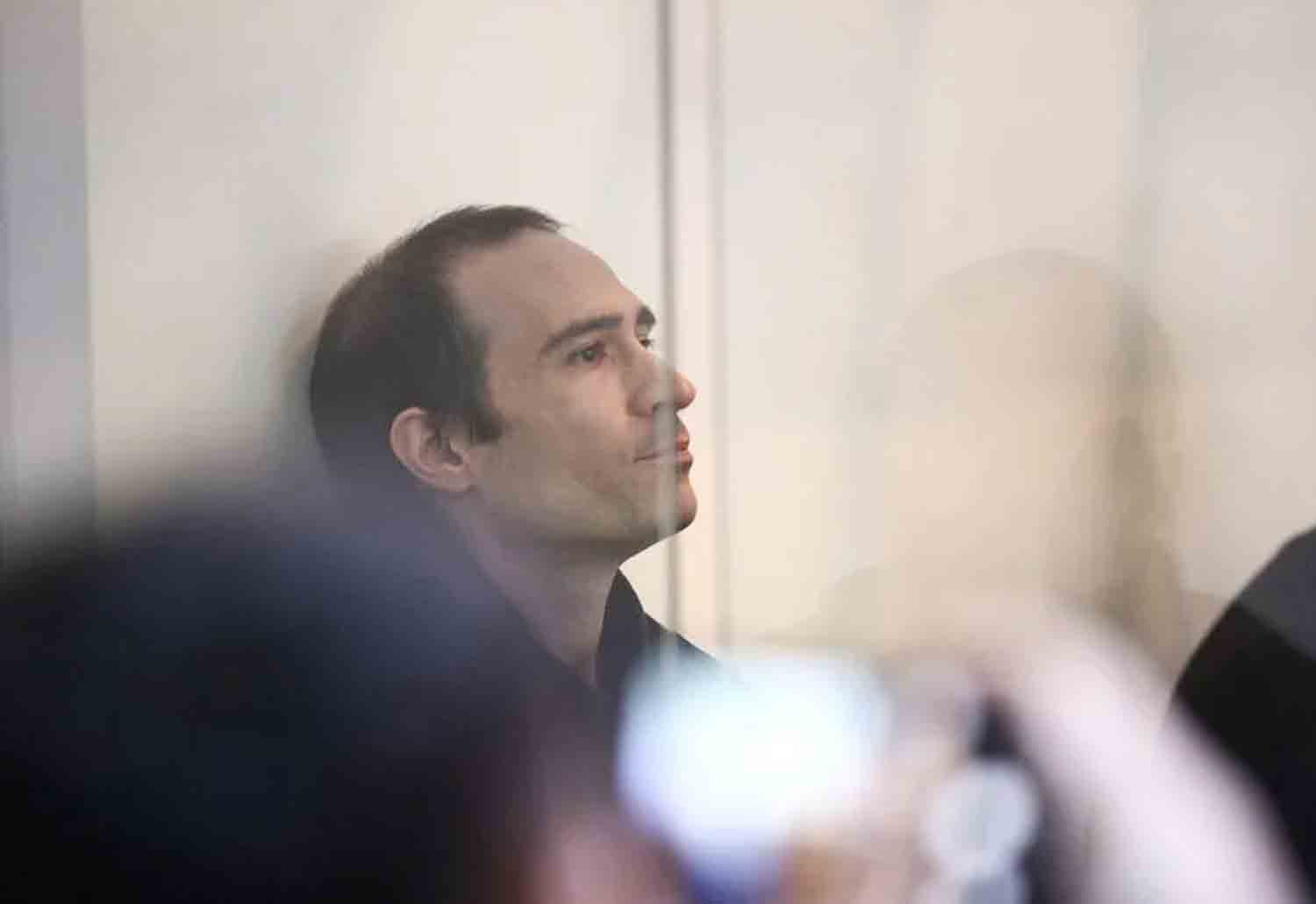China’s leading diplomat commenced his annual New Year tour of Africa on Sunday, continuing a 35-year tradition aimed at subtly enhancing Beijing’s significant influence across the resource-rich continent, particularly as European engagement diminishes and American involvement becomes uncertain.
As global leaders and investors prepare for the impending return of U.S. President-elect Donald Trump, and as conflicts in Ukraine and the Middle East, along with domestic political issues, occupy German and French officials, Foreign Minister Wang Yi’s presence in Namibia, the Republic of Congo, Chad, and Nigeria underscores China’s steady commitment to Africa, according to analysts.
Wang’s visit, which extends through Saturday, coincides with China’s efforts to increase financial assistance to the debt-stricken continent while seeking to secure more agreements for critical minerals and expand markets for its exports.
“The selection of countries for each year’s tour often lacks a clear external rationale,” noted Eric Orlander, co-founder of the China-Global South Project. “However, it resonates in Africa as a testament to China’s unwavering dedication to the continent, especially when compared to the strategies of the U.S., U.K., and European Union.”
“China firmly believes that Africa has never been overlooked; instead, it is a source of vitality and a region rich in development potential,” stated Guo Jiakun, a spokesperson for the Chinese foreign ministry, during a regular press briefing on Monday.
As China’s economic growth slows, Africa presents a vital opportunity for its state-owned infrastructure companies, which are facing challenges in securing projects due to local governments’ debt constraints, as well as a market for its electric vehicles and solar panels, sectors where the U.S. and EU claim there is excess capacity.
Africa’s substantial voting bloc at the United Nations, comprising over 50 nations, could significantly bolster China’s initiatives to reform multilateral institutions and reinterpret global standards to better align with its strategic interests, especially regarding human rights issues. In contrast to U.S. President Joe Biden’s singular visit to sub-Saharan Africa in December, China prioritizes its diplomatic engagements with the continent.
Hannah Ryder, founder of Development Reimagined, an African-owned consultancy, noted that “China has become integral to Africa’s policy landscape, serving both as a key player and a source of inspiration.” This observation reflects the sentiments of candidates competing for leadership positions within the African Union Commission, who have highlighted China’s potential to enhance Africa’s manufacturing sector and its successful initiatives in mass education in the lead-up to the February elections. The commission acts as the secretariat for the 55-member African Union.
SECURITY CONCERNS
Wang’s recent visit to the Republic of Congo, which is set to co-chair the Forum on China-Africa Cooperation (FOCAC) this year, underscores China’s dedication to following through on the commitments made during last year’s summit, where it announced $51 billion in new financial support. Analysts indicate that China is also increasingly addressing urgent regional security challenges, which is one reason for Wang’s upcoming trip to Chad.
This visit comes on the heels of France’s decision to withdraw its military forces from the Central African nation, following the abrupt termination of a defense cooperation agreement that had positioned it as a crucial Western ally in combating Islamic extremism in the area.
“China has proven to be a dependable and stable partner for the emerging military governments in the Sahel and West Africa,” stated Orland. “While the French and U.S. view China’s involvement as ‘controversial’ amid a perceived decline of Western influence in the region, this perspective contrasts sharply with how it is perceived by African nations.”
Discover more from Defence Talks | Defense News Hub, Military Updates, Security Insights
Subscribe to get the latest posts sent to your email.





